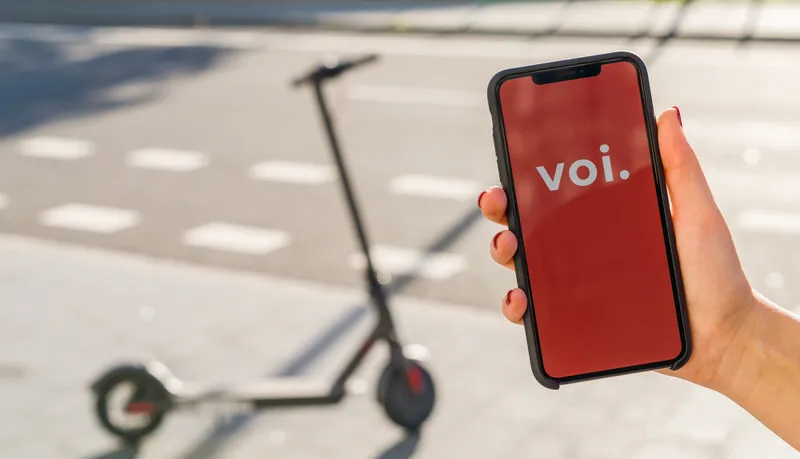With the United Nations aiming to halve the 1.3 million yearly deaths around the world caused by road crashes, international road safety experts met at the IRTAD conference, Morocco, and have adopted Marrakech Declaration: better safety data for better outcomes.
The experts from more than 40 countries concluded from the declaration that improving road safety data is essential to reducing road deaths and injuries. They have made a series of recommendations aimed at policymakers and other leaders who are responsible for road safety.
These include identifying which data is needed for making decisions in road safety; addressing underreporting of road crashes and casualties; using more data on injury crashes (fatality data are insufficient to understand road safety problems fully). Furthermore, better knowledge of road safety also relies on better safety performance indicators, exposure data and context information; allowing a national agency analyse and publish road safety data collected at state and national levels. In addition, the recommendations also put forward monitoring risk factors and making results publicly available; harmonising road safety data based on common definitions, and finally, sharing road safety data among countries and co-operating within international initiates.
Fred Wegman, chair or the IRTAD Group, said Reliable data are essential to understand, assess and monitor the nature and magnitude of the road safety problem and the related solutions”.
He added, “Improvements made to the quality of road safety data will also improve the quality of data driven policy decisions.”
IRTAD Conference: Road safety needs better data
With the United Nations aiming to halve the 1.3 million yearly deaths around the world caused by road crashes, international road safety experts met at the IRTAD conference, Morocco, and have adopted Marrakech Declaration: better safety data for better outcomes. The experts from more than 40 countries concluded from the declaration that improving road safety data is essential to reducing road deaths and injuries.
October 18, 2017
Read time: 2 mins










